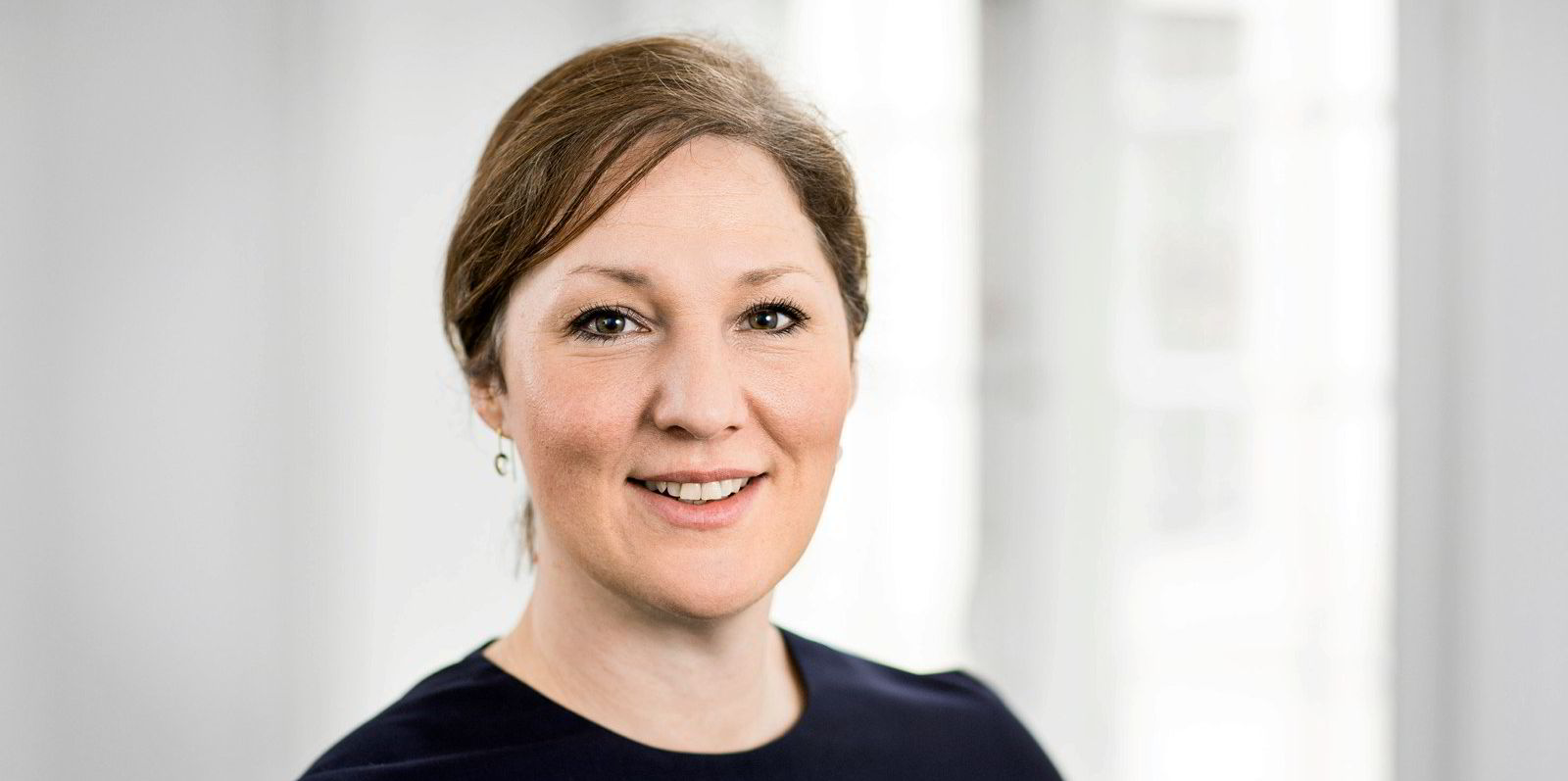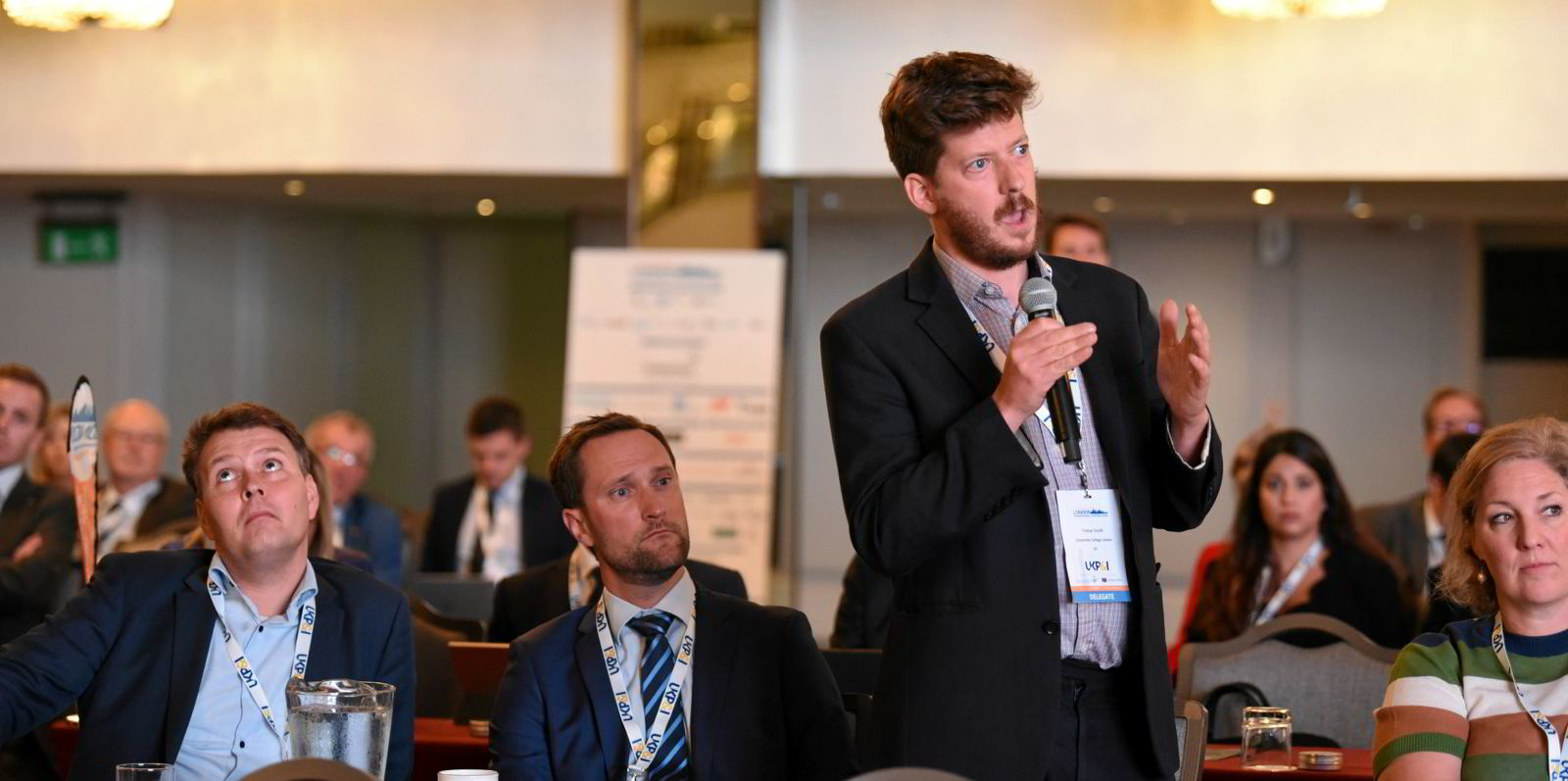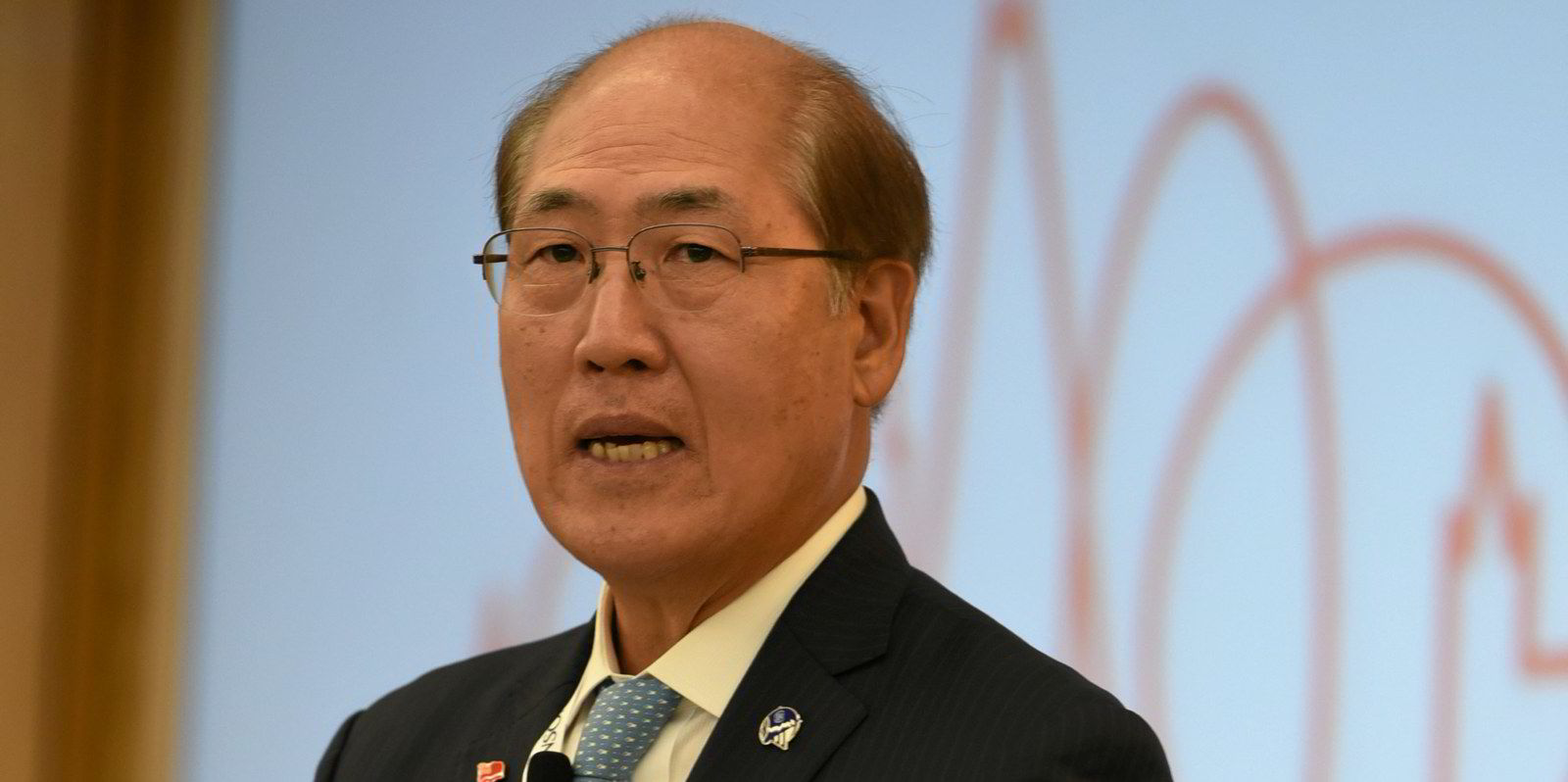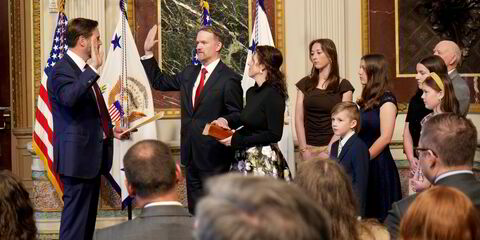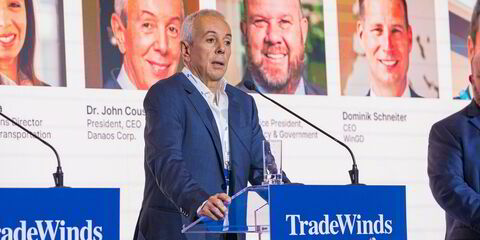More heavy hitters from across shipping are calling for the industry to decarbonise by 2050 ahead of the COP26 climate conference in Glasgow.
In an initiative backed by the Global Maritime Forum, more than 200 organisations have now signed onto the Call to Action for Shipping Decarbonization, which was delivered to the UK presidency of the climate conference on Wednesday.
That's 50 more names than when the Call to Action was first revealed in September.
The coalition includes AP Moller-Maersk, the Panama Canal Authority, Daewoo Shipbuilding & Marine Engineering and Trafigura.
In addition to cutting out carbon, the initiative calls on governments to support industrial-scale zero-emission shipping projects through national action and delivery policy measures pushing zero emissions as the default choice by 2050.
"If governments want to be climate heroes at COP26, they must also be climate heroes at the International Maritime Organization, where urgent action is needed to put international shipping on a just and equitable Paris-aligned pathway”, Global Maritime Forum chief executive officer Johannah Christensen said in a statement.
The call to action was developed by a task force convened by the Getting to Zero Coalition, backed by the Global Maritime Forum, the World Economic Forum and Friends of Ocean Action.
COP26, the 26th United Nations Climate Change Conference, begins on Sunday. It follows on the Intergovernmental Panel on Climate Change's reported earlier this year declaring a "code red for humanity", as the Paris Agreement goals could be in jeopardy without action.
It is expected to influence discussions at the IMO's Marine Environment Protection Committee (MEPC) meeting in November.
As it stands, the IMO is targeting a 40% reduction in CO2 emissions by 2030 and a 50% cut in greenhouse gas emissions by 2050.
But the European Union, US, UK, Norway and Costa Rica have pushed for more ambitious cuts with hopes of reaching zero-emissions shipping by 2050.
The US, UK, Norway and Costa Rica submitted a proposal in September arguing for the more aggressive cuts and requested the MEPC review the strategy in the coming months.

In early October, all 27 EU member states and the European Commission submitted their own papers backing the quartet.
The countries argued a review was "necessary to send a clear signal to the market and to further stimulate the production, deployment and uptake of renewable and zero- and low-carbon fuels and technologies worldwide".(Copyright)
